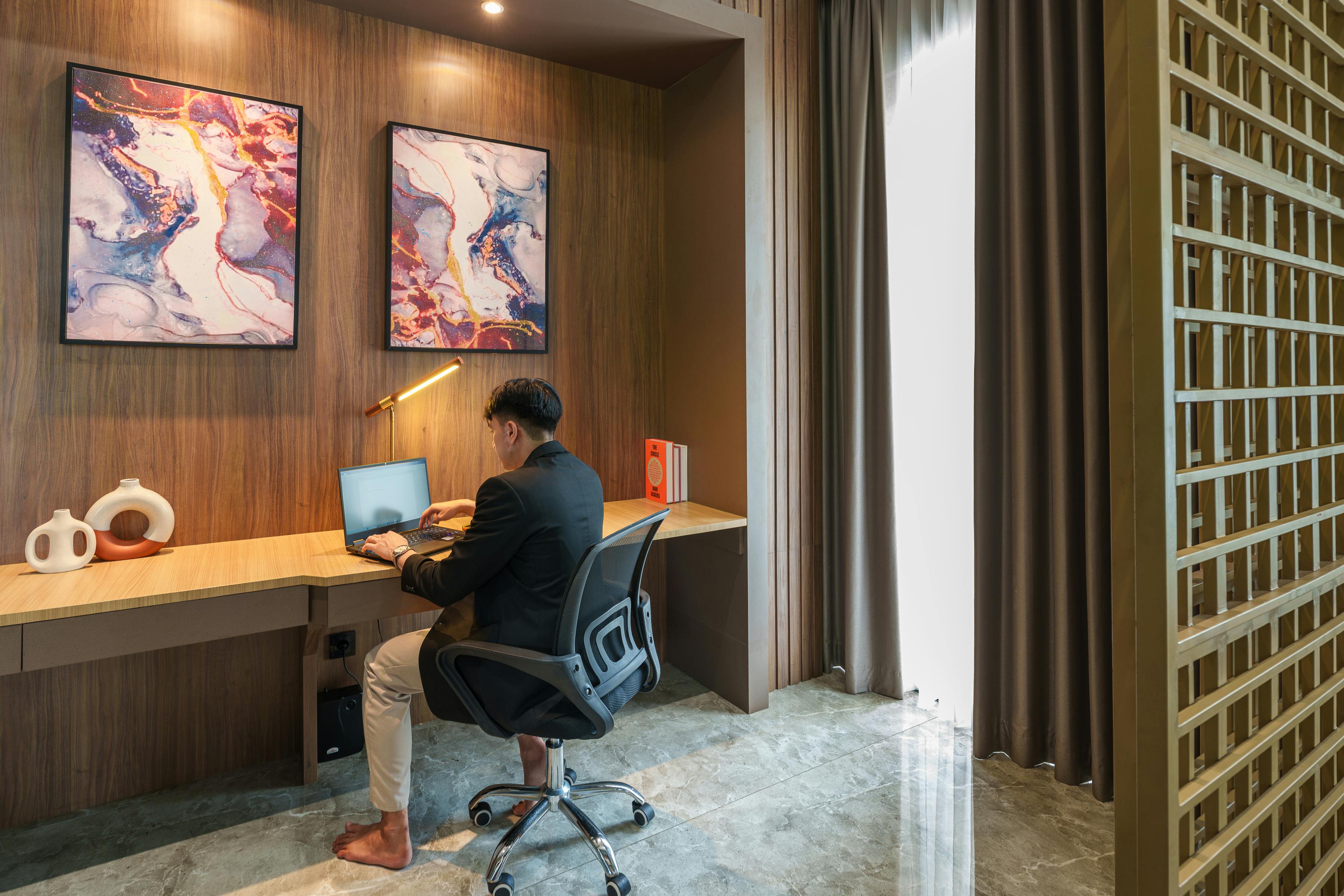Paul Graham's 'The Process' told in Office Memes
For anyone who is thinking of becoming a Founder, you gotta know about ‘The Process’ graph by Y Combinator creator, Paul Graham. And if you are currently a Founder, you probably not only know it, but you can identify where you currently are on the graph:

Ali and I have been Founders for over 4 years - we spent the first 3 building an HR platform that brought on heavy-hitter customers like Flexport and Webflow. Then, budgets were slashed after the COVID cash boost disappeared and we had to pivot and start from scratch.
We’re now well on our way in a new direction (an AI tool that keeps knowledge bases automatically up-to-date by analyzing support tickets, release notes, etc.) but needless to say - we have spent significant time at almost every point of The Process. Heck, we have a beach house in the Trough of Sorrow we’ve spent so much time there.
Therefore, we thought we would write a blog post illustrating the vibe of each stage… through Office memes. Because you gotta laugh through the tears.
TechCrunch of Initiation
Whether or not you've been featured in TechCrunch, this is basically when your startup is launched and you're getting some good external encouragement. This could mean pretty much anything depending on what your personal threshold is, maybe your mom said this is the best idea she's ever heard. Or you've gotten your first few customers. Whatever it is, you're feeling like you have a billion-dollar idea on your hands and you are very sure that bringing it to life going to be a breeze.

Wearing off of Novelty
This is the point where the initial excitement is starting to slow down and reality is setting in. You're starting to realize that becoming the next Steve Jobs isn't going to be quite the easy ride you thought it would be and customers aren't immediately lining up around the block to buy your product. Thoughts start coming to mind like, was it a good idea to quit my job for this? Why did I spend $1,000 of my savings on those instagram ads that didn't work?
The bottom line is; I thought this would be easier and I'm realizing it's not going to be.

Trough of Sorrow
This is the bottom of the barrel of the Founder journey. It's basically when you feel like you're working your butt off to reach your goals, but nothing is materializing. You're having to be creative to get ahold of potential customers, reckoning with the possibility that your product isn't solving as big of a need as you thought - all while your motivation is sinking lower and lower with every missed monthly objective.
Unfortunately, this is where a lot of startups fail. The Founder(s) give up and pack it in. For those that persevere, it requires a ton of creative problem solving and consistency.

Release of Improvement
Finally, you're seeing some progress! Maybe you sign on a new client after months of trying, or simply have a few positive sales calls in a row. After weeks or months of feeling hopeless, you think you see the light at the end of the tunnel. You start day dreaming about your future Forbes interview where they'll ask in awe 'How did you overcome those weeks/months of uncertainty?' and you'll give a demure smile and say that you just always knew your startup would be a success.

Crash of Ineptitude
... and then reality comes crashing down again. Maybe the sale you thought was going to happen fell through or the positive sales calls didn't turn into anything. Perhaps the product development takes a turn and you realize that your idea might not be feasible after all. Whatever it is, the sparkle of hope that you were holding onto is growing dimmer with every setback - leaving you and your team feeling more un-motivated than ever before.

Wiggles of False Hope
This is the stage where the Release of Improvement/Crash of Ineptitude cycle happens over and over again. You keep having excited 'We can DO this' moments, followed by a heavy dose of humble pie. However, the Founders that succeed use these opportunities to keep changing their strategy. They listen to their ICP and tweak the product to better fit their needs, or even stay open to the idea that their ICP might be different overall than what they initially thought. Whatever the strategy change is, the Founders that make it are the ones that keep improving their approach based on the good or bad information they are being presented with.

The Promised Land!
Finally, after all this time, things are finally starting to fall together. Your customers are telling you how much they love your product. Leads are starting to be slightly easier to bring through the door. There are less 'All Hands on Deck' emergency meetings to fix bugs. After so many wriggles of false hope you're almost scared to be too positive, and this just fuels your fire to keep pushing for more success.

Acquisition of Liquidity
It's been a while since you were in the Trough of Sorrow. You've raised money and your ARR keeps steadily increasing. Things are going well and you're feeling on top of the world.

Upside of Buyer
This is the final stage of The Process and it basically means you're on your way to achieve your goals, whether that's getting a big buyout or taking your company public. Product development has been accelerated, the competition that was keeping you on your toes is now taking up less of the market share, and you're getting the best talent/tech available. Congratulations, if you've experienced this stage you are one of the very few Founders that have!

Honorable Mention - Pivot Hell
Although this isn't on the official graph, this is another well-known startup phrase in Silicon Valley. Pivot Hell is exactly what it sounds like - your team has decided to stop working on your original idea and you're looking for a new one. This is a really sucky phase for many reasons and in some cases you will experience the first 5 stages of The Process over and over for as long as it takes for you to find your new permanent direction.

And so, dear reader, whether you are experiencing wriggles of false hope or are currently in Pivot Hell - the main thing to remember is that with the right attitude all of these stages ultimately bring you closer towards your end goal. There are lessons to be learned throughout The Process and it's up to you to figure out what those are. 9x Founder Josh McKenty once said it perfectly: "There are 5 usual reasons that startups fail, but when they succeed it's because of a unique angle that the Founder discovered along the way"
You got this, my fellow Founder, keep going!




